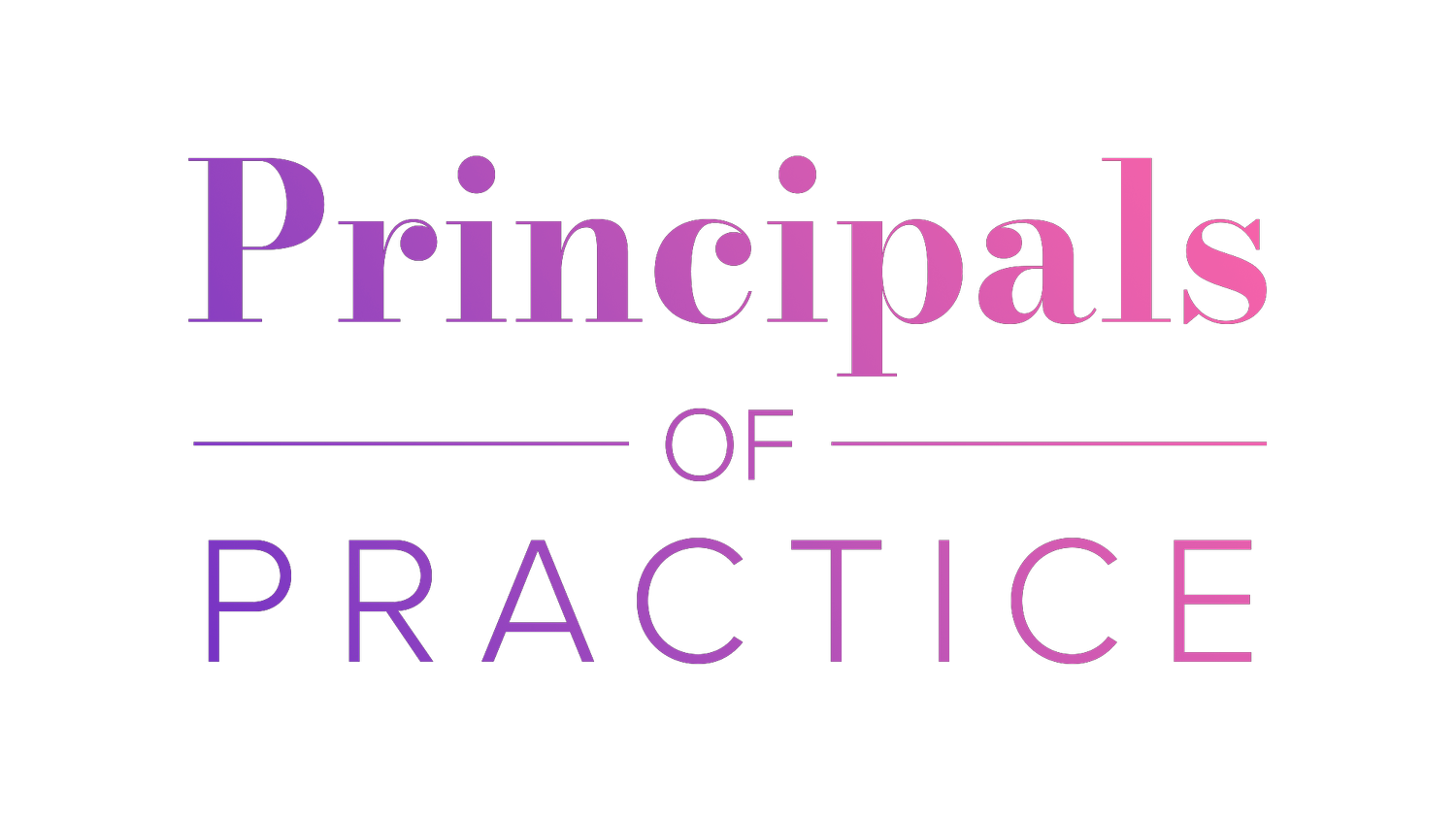Where to Focus Wellbeing Initiatives for Lawyers
The wellbeing of lawyers, has become an increasingly urgent issue. Research consistently highlights that lawyers experience higher levels of anxiety, depression, and burnout than the general population. The demanding nature of legal work, coupled with specific personality traits common in the profession, can create a perfect storm for mental health challenges. However, by understanding these unique characteristics and designing tailored interventions, organisations can take meaningful steps to improve wellbeing.
The Wellbeing Crisis in the Legal Profession
Elizabeth Rimmer, CEO of LawCare, mental health charity for the legal sector, has stated that "the legal profession is stressed, tired, anxious, at high risk of burnout and that those working practices in the law that undermine mental health need to change."
Indeed, research confirms that lawyers frequently experience intense pressure, long hours, and high expectations, contributing to significant mental health concerns.
According to the LawCare: Life in the Law Study (2020/2021), lawyers who report higher levels of autonomy and perceive their workplaces as psychologically safe show lower levels of burnout. However, even in these environments, the intensity of legal work remains a risk factor.
The Mental Health & Wellbeing of the NZ Legal Profession (March 2024) study by Associate Professor Aaron Jarden reinforces that lawyers with higher self-determination—defined as autonomy, relatedness, and competence—exhibit greater wellbeing and lower levels of distress. This suggests that fostering autonomy and psychological safety should be central to wellbeing initiatives.
The Role of Personality in Lawyer Wellbeing
Personality plays a crucial role in mental health, and lawyers (generally speaking) tend to have distinct personality traits that impact their well-being.
Pessimism: Studies suggest that pessimistic thinking styles, which can be beneficial in legal analysis and risk assessment, are associated with poorer mental health outcomes.
Self-Doubt and Perfectionism: Many lawyers struggle with imposter syndrome and excessive self-criticism, leading to heightened stress levels. As Brook Greenberg notes, "As a profession, law seems uniquely capable of making intelligent people feel foolish and talented people feel inadequate."
Skepticism and Autonomy: Dr. Larry Richard's LawyerBrain research found that lawyers score significantly higher in skepticism and autonomy than the general population. While skepticism enhances critical thinking, it can also lead to distrust, reluctance to seek help, and difficulty accepting wellbeing initiatives.
Neuroticism and Introversion: Lawyers score higher in neuroticism than 56% of the general population, meaning they are more prone to fear, anger, and distress. Furthermore, only 43% of lawyers are more extraverted than introverted, compared to 75% of the general population. Higher neuroticism and introversion are linked to anxiety and depression, making targeted interventions crucial.
Where Should Law Firms and Legal Teams Focus Their Wellbeing Efforts?
Given these personality traits and workplace realities, wellbeing interventions should be designed with lawyers' specific needs in mind. Based on research findings, the following strategies can be particularly effective:
Increase Autonomy: Giving lawyers greater choice in how they work and participate in wellbeing initiatives can enhance their engagement and sense of control. Including them in the design and implementation of these initiatives fosters ownership and reduces resistance.
Build Psychological Safety: Creating an environment where lawyers feel safe to express concerns, make mistakes, and seek support without fear of judgment is essential. Training leaders to foster open communication and model healthy work habits is a key component.
Address Low Resilience and Self-Doubt: Many lawyers struggle with self-doubt, which can undermine resilience. Encouraging self-efficacy through mentoring, coaching, and resilience training can provide valuable support.
Leverage Existing Close Bonds: Lawyers, particularly introverts, may be more comfortable seeking support within trusted relationships. Organisations can enhance one-on-one catch-ups and upskill supervisors to facilitate better and more frequent wellbeing conversations.
Tackle Skepticism Head-On: Given their natural inclination to question, lawyers may resist generic wellbeing initiatives. Involving them in research and analysis of workplace stressors allows them to critically evaluate the issue and propose solutions themselves, increasing buy-in.
Reduce Stigma Around Mental Health: Lawyers may avoid seeking help due to concerns about stigma. Normalising conversations around mental health through storytelling and role modelling, and integrating resilience plans into career development as outlined below can help shift perceptions.
Incorporate Wellbeing into Professional Development and Career Advancement: Training on mental health should be embedded in continuing legal education. Further, integrating wellbeing and resilience plans into career development connects wellbeing to professional competence and makes the topic more relevant to lawyers.
Adopt Systemic Approaches: Firms should take a holistic approach to well-being rather than relying solely on individual interventions. A study conducted with law students at an Australian University showed that the students benefitted from wellbeing initiatives embedded in their curriculum, such as resilience planning as part of coursework and including discussions on wellbeing alongside the examination of lawyer ethics failures. Similar integrated approaches can be applied in professional settings.
Prioritise Sleep and Restorative Practices: Implementing and enforcing policies around workload management, ensuring adequate rest, and treating sleep as a risk mitigation strategy can help prevent burnout and cognitive decline.
Lawyer wellbeing is a complex issue influenced by workplace culture, job demands, and personality traits. Rather than applying generic wellbeing initiatives, firms should design targeted interventions that align with the specific characteristics of legal professionals. By fostering autonomy, psychological safety, resilience, and reducing stigma, organisations can create a healthier, more sustainable work environment for lawyers.

